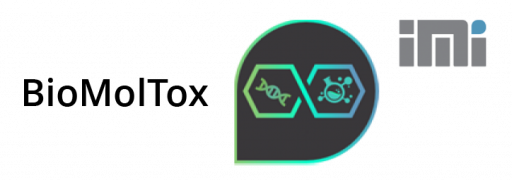Authors: Vesna Benković*, Ines Tkalčec, Anica Knežević, Karlo Jurica, Fabijan Knežević, Irena Brčić Karačonji, Nevenka Kopjar
Abstract
The antioxidant properties of the leaves of the Mediterranean strawberry tree (Arbutus unedo L.) are mainly attributed to the main bioactive compound, the phenolic glycoside arbutin. In this study, the safety profile of strawberry tree aqueous leaf extract (STE) and arbutin at the DNA level was assessed in vitro using porcine PK-15 kidney cells and HepG2 cells derived from human hepatomas. To examine the effects on cell viability and DNA damage, cells were treated for 24 h with STE or arbutin at three concentrations presumed to be non-toxic (400, 200, and 11.4 µg/mL). Assessments were performed using the MTS viability assay, dual acridine orange/ethidium bromide fluorescent staining, and alkaline comet assay. Results showed that the highest concentration (400 µg/mL) of both tested compounds had no significant cytotoxic effects on either PK-15 or HepG2 cells. Apoptosis was the predominant type of cell death and the total amount of DNA damage in treated cells was within acceptable limits. These results on the in vitro cytocompatibility of arbutin and STE with PK-15 and HepG2 cells could serve to make more reliable judgements about safe levels of arbutin in cosmetic products and functional foods, given the increased popularity of the compound in recent years.
The article is available at the following link.
